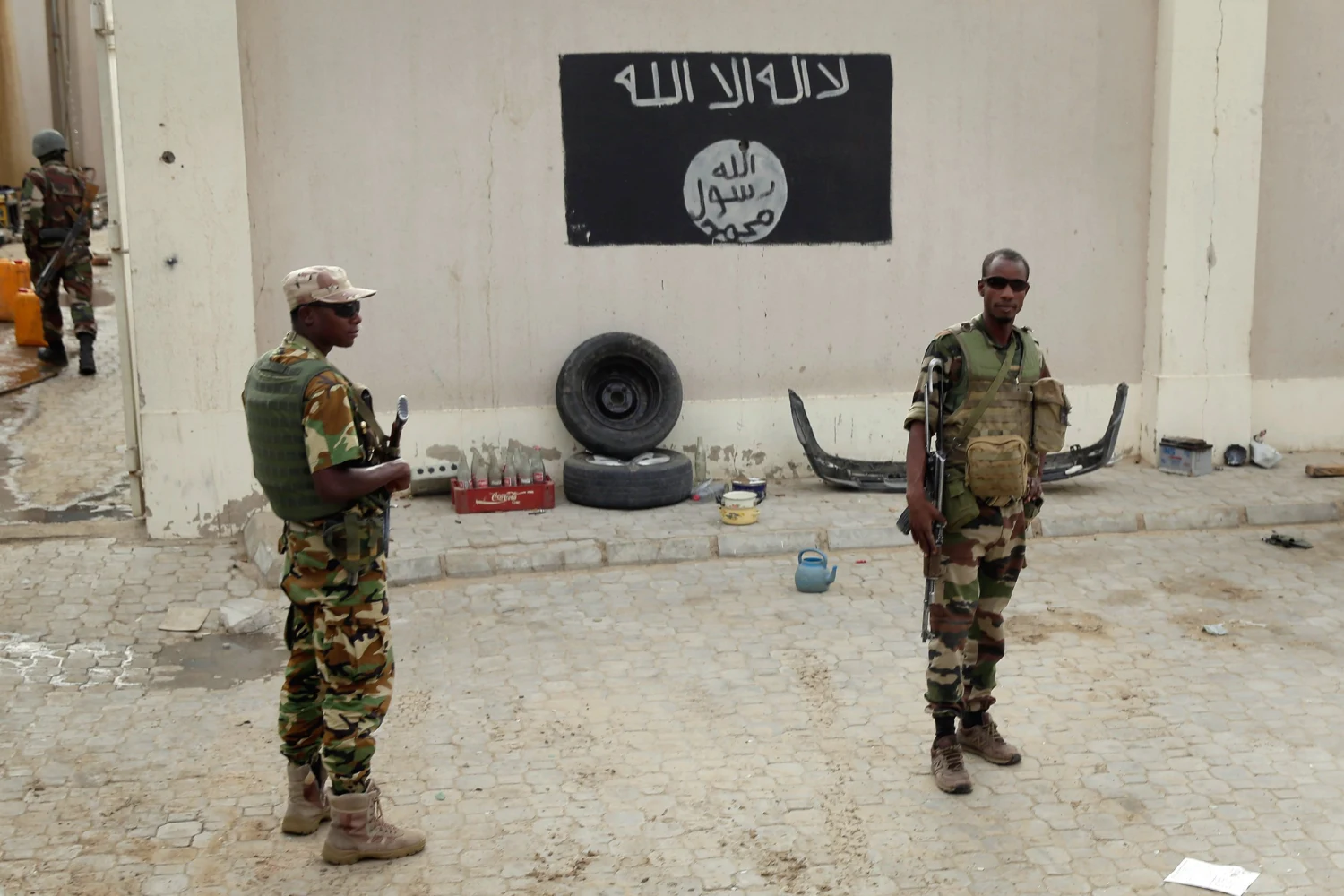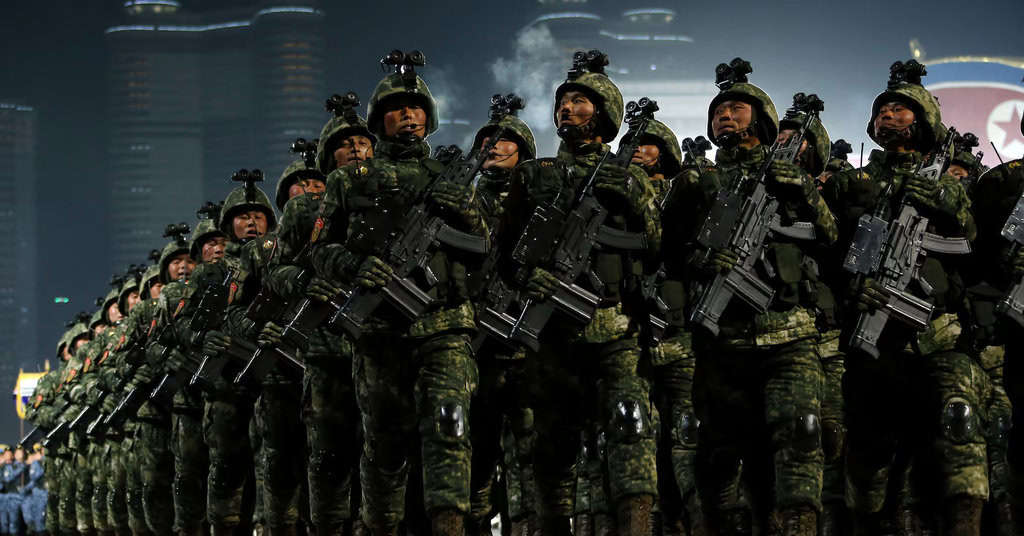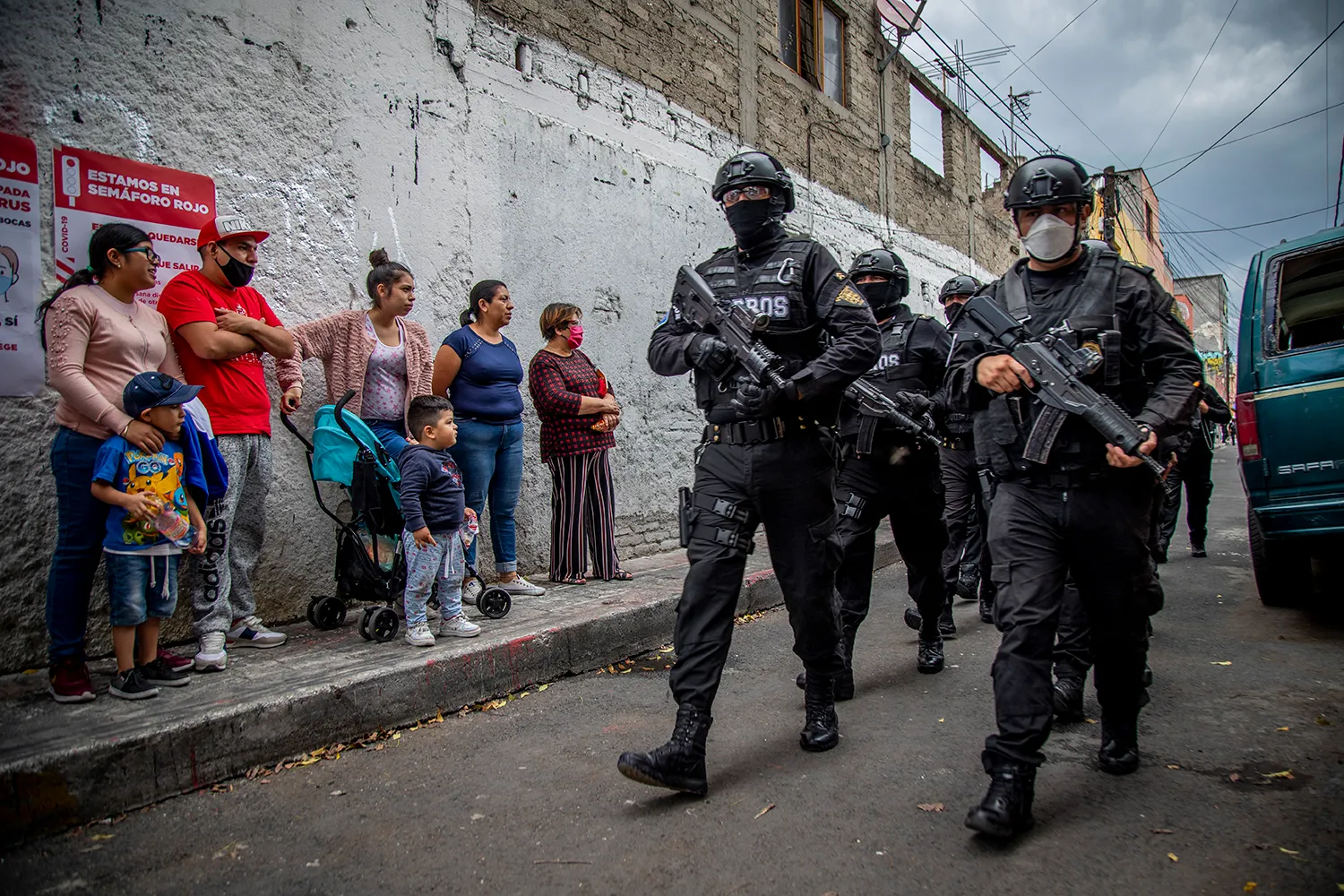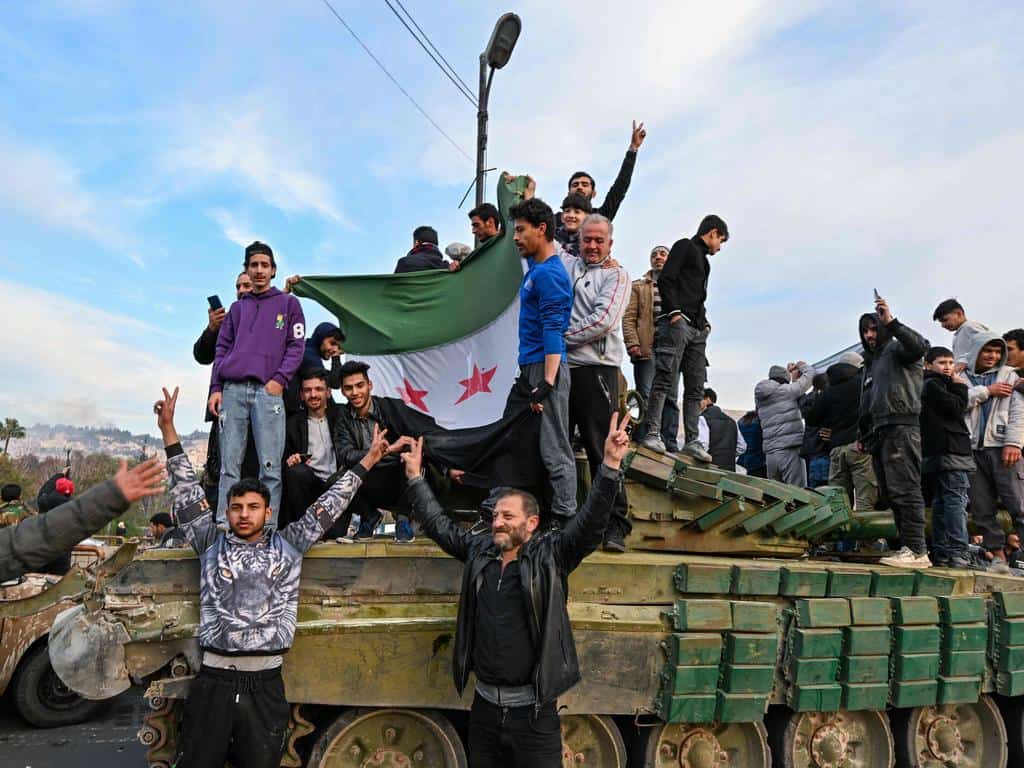Mass Execution Highlights Growing Rivalry Between ISWAP and Boko Haram
Sixty-nine individuals, including both Boko Haram fighters and civilians, were executed by members of the Islamic State-West Africa Province (ISWAP) after five months of captivity in Borno State, Nigeria. This event underscores the intensifying conflict between two of the most dangerous militant groups in West Africa: Boko Haram and ISWAP.
Context of the Executions
The captives, who had been detained in the Marte Local Government Area (LGA) of Borno State, were executed following a series of violent confrontations between ISWAP and Boko Haram. According to security analysts from Zagazola Makama, these clashes resulted in significant casualties for ISWAP, prompting the retaliatory killings. While the exact timing of the executions remains uncertain, they are believed to have occurred over a recent weekend.
Origins of Boko Haram and ISWAP Rivalry
Boko Haram, originally founded in 2002 by Salafi scholar Mohammed Yusuf, evolved significantly under the leadership of Abu Bakr Shekau in 2009. The group’s transformation led to the formation of Jama’at Ahl as-Sunnah lid-Da’wah wa’l-Jihad (JAS), which became synonymous with Boko Haram. Internal conflicts within JAS between 2011 and 2012 resulted in the emergence of another militant faction, Jama’at Ansaru Al-Muslimin fi Bilad Al-Sudan, or Ansaru Islam, which aligned itself with al-Qaeda.
The lack of sustained support from al-Qaeda pushed Shekau towards the Islamic State (ISIS). In March 2015, Shekau pledged allegiance to ISIS, and the group’s caliph at the time, Abu Bakr al-Baghdadi, appointed Shekau as the leader of ISIS’s West African division. However, Shekau’s leadership style, particularly his use of child and female suicide bombers, disregard for the group’s advisory council, and his extreme stance on ‘Takfir’ (ex-communication), led to dissent within the group. These grievances were reported to al-Baghdadi, who then appointed Abu-Musab Al-Barnawi as the new leader of ISWAP in 2016. This leadership change marked the beginning of a deep-seated rivalry between ISWAP and Boko Haram, leading to frequent clashes and retaliatory actions, such as the recent executions.
Current Situation and Future Outlook
Local reports from NairaLand indicate that ISWAP continues to detain “hundreds of captives, including both fighters and civilians,” across multiple locations in Borno State. The ongoing guerrilla warfare between ISWAP and Boko Haram, coupled with their attacks on Nigerian security forces, poses a significant threat to civilians who face the constant risk of kidnapping, rape, torture, and forced religious conversion.
The escalation of violence has not only been confined to the conflict between these two groups. Since 2011, disputes between farming and herding communities have given rise to ‘bandit’ groups that conduct raids on villages, often kidnapping civilians for ransom. According to the Global Centre for the Responsibility to Protect, Boko Haram’s insurgency has claimed over 35,000 lives between 2009 and 2020. The Nigerian armed forces continue to struggle with the sheer scale of the security challenges, as suicide bombings and kidnappings remain frequent.





